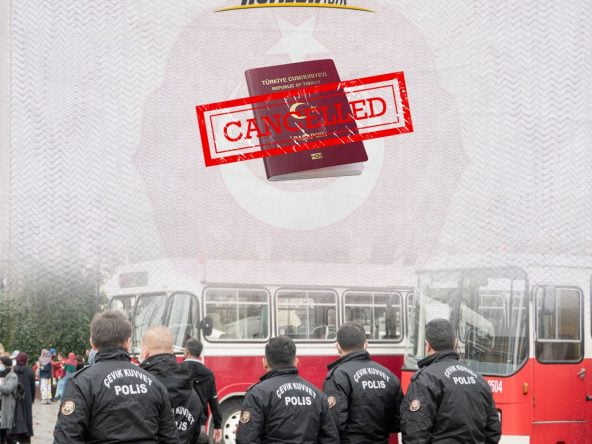
Many Arab investors and foreigners residing in Turkey wonder about the inheritance matter as it is one of the important matters to them, and that is to preserve their properties and assets, inheritance law in Turkey is different than other countries as the Turkish state uses the civil inheritance law.
What is the Will?
Any sane person above 18 can write a will telling who they want to give their assets for after they pass away, specialized courts in this matter will evaluate the will of the person after they pass away.
Inheritance Law in Turkey for Foreigners:
Inheritance law in Turkey clarifies how to deal with wills, as for the foreigners the will should be prepared according to the Turkish law in order to be legally recognized.
Types of Wills in Turkey:
1. Oral will: is when the person tells two witnesses his will for them to testify after he pass away, this will be then used in emergencies like war and bad illness.
2. Official will: it is the will written by the notary and certified legally and show it later after the person passes away with a special lawyer.
3. Handwritten will: where the person writes their will by hand and they put a date and sign it then send it to the notary to be certified.
The official will is considered the best because it is legally certified by the notary.
Types of Inheritance in Turkey:
All the movable and immovable properties of the deceased and all the money on Turkish lands are his inheritance, the Turkish inheritance law is divided into three sections:
1.Money Inheritance:
This includes all cash money or bank funds for the deceased.
2.Non-Monetary Assets::
This includes cars, apartments, companies, commercial shops, lands, and everything the deceased owns.
3.Dues:
This includes all the debts, unpaid taxes that should be paid on behalf of the deceased.
Determination of inheritance in Turkey:
1. After the passing of the Turkish citizen, the hospital in Turkey sends the deceased details to the government offices related to the civil records and the offices of the tile deed and the Tapu department , after that the heirs heads to the court to request a determination of inheritance.
2. For foreigners’ inheritance in Turkey when the property or land owner pass away, the same inheritance law that applies to the Turkish citizen applies to them, but the heirs should bring inheritance statement and an official family statement from their origin countries.
3. Inheritance statement can be extracted from the notary department which includes a statement showing the share of each heir and their rights whether it was movable or immovable.
4. Then they can head to the tax department in Turkey to pay inheritance fees and after that they can head to the court and determine the session for the distribution of inheritance.
Inheritance Distribution by Order in Turkey:
In case there is no will for the deceased in Turkey, the inheritance law states that his properties should be distributed as follows:
1. Children, and wife or husband.
2. If the deceased does not have any children, their properties will be divided between his father and mother, but if the spouse is alive, they get half of the properties.
3. If the deceased does not have alive parents, their properties will be given to their siblings, their grandfather or grandmother, taking into consideration giving three quarters to the wife or husband of they are alive.
4. In case none of the mentioned before are alive, the properties go to the wife or husband.
5. If the deceased does not have any relative mentioned in the Turkish inheritance law, their properties go to the Turkish government.
Required Documents to Move Properties to the Foreign Heirs:
The following papers must be submitted in order to file a lawsuit in a Turkish court for the distribution of inheritance to foreigners:
1. Two personal photos.
2. A family statement from the country of origin of the deceased showing who is entitled to inherit, and it must be translated and certified by the notary
3. A copy of the Passport , valid for a period of not less than 6 months, translated into Turkish and certified by a notary.
4. A document (notice of inheritance) translated and certified by a notary.
5. It is required to submit the papers in the Turkish courts after confirming that the country is a member of the Hague Convention or the Reciprocity Agreement, and if the country of the deceased did not have those agreements, he will need to file a lawsuit to obtain (notice of inheritance) and after legal communication in the country of origin, the court will evaluate if the declaration The death is legal and the concerned heirs are determined (to declare the inheritance) according to the law in Turkey.



